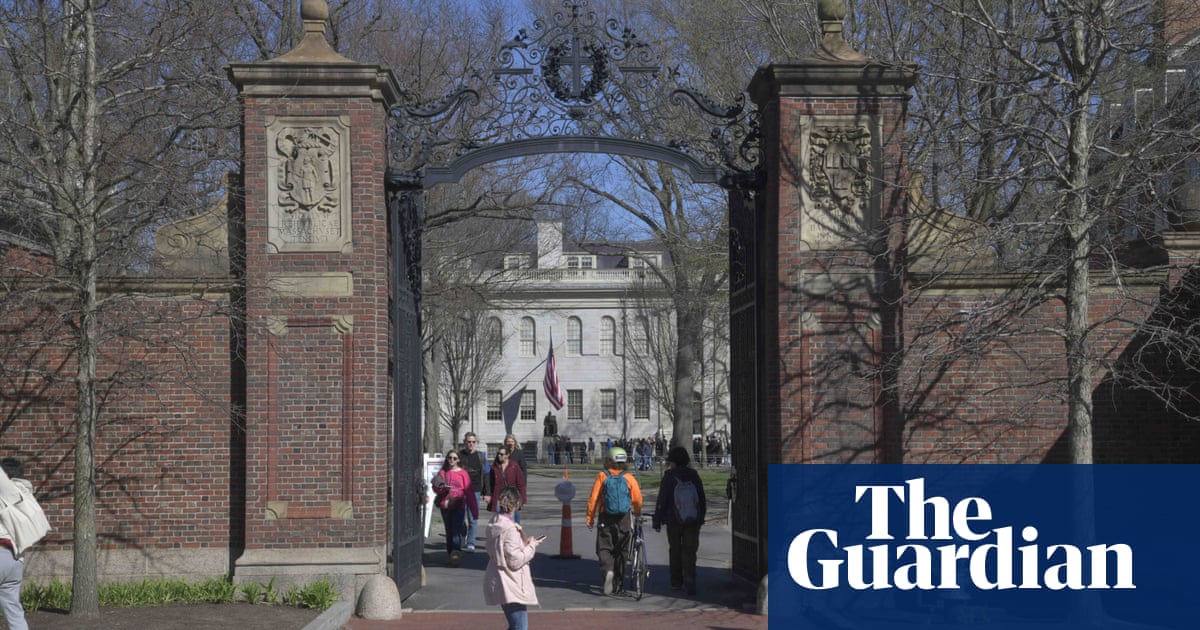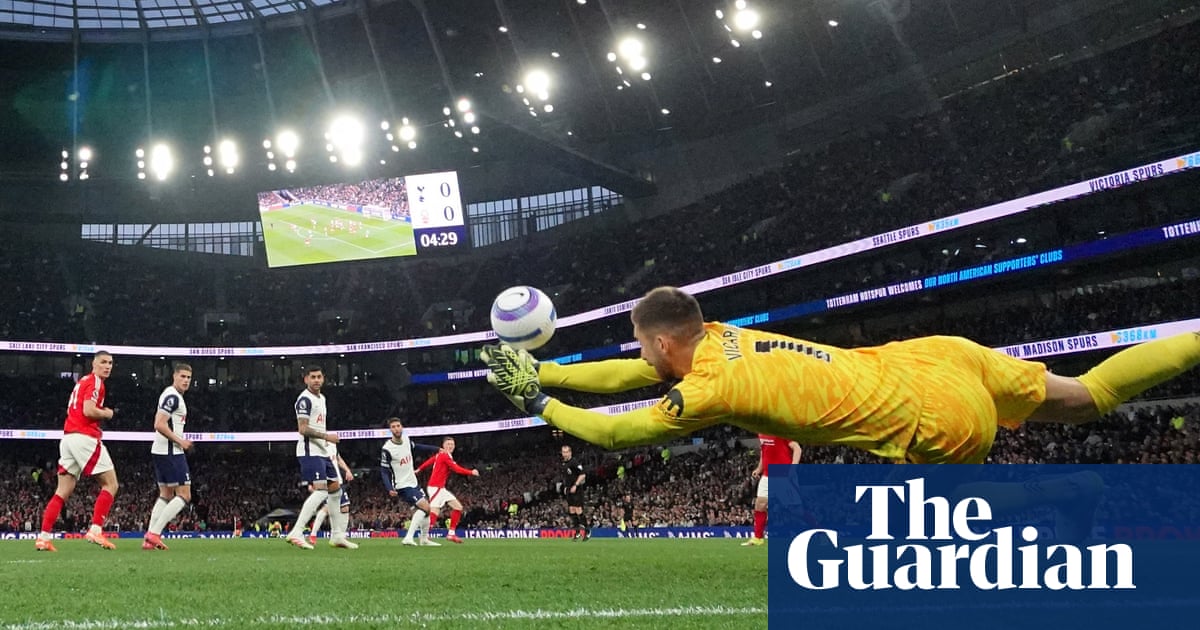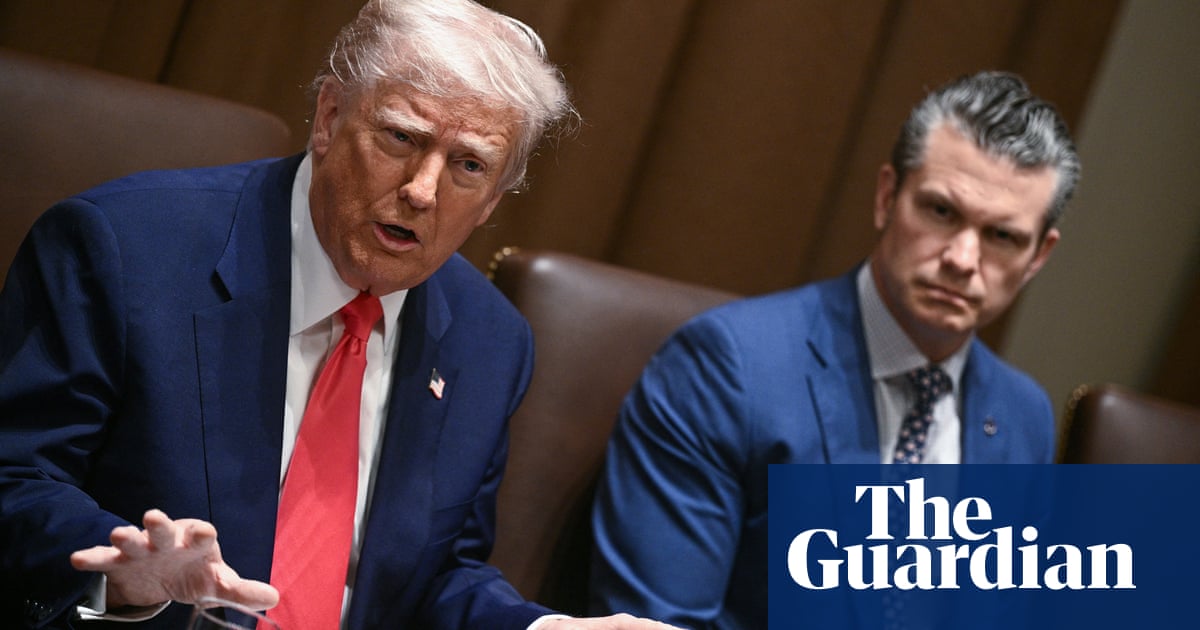UK pay growth rose in November, official figures show, keeping pressure on the Bank of England to hold interest rates amid concerns over lingering inflationary pressures.
With the government under pressure on the economy, the Office for National Statistics (ONS) said annual growth in average weekly earnings rose by 5.6% in the three months to the end of November, up from 5.2% in the three months to October.
City economists had forecast total annual pay growth would accelerate. The reading matched estimates for total pay, but was marginally higher than expected for regular pay, excluding bonuses.
Liz McKeown, the ONS director of economic statistics, said: “Pay growth picked up for a second consecutive period, again driven by strong increases in the private sector. Real pay growth, which excludes the effects of inflation, increased slightly.”
The figures also showed the UK unemployment rate for people aged 16 and over rose to 4.4% in the three months to November, up from 4.3% in the three months to October, highlighting some evidence of a cooling jobs market.
After turbulence in financial markets earlier this month, the latest snapshot is likely to complicate the picture for the chancellor, Rachel Reeves, amid warnings that higher borrowing costs could require tax increases or spending cuts to avoid her breaking her fiscal rules.
The figures will be closely watched by the Bank as it considers whether to cut interest rates from the current level of 4.75% on 6 February. Expectations for a cut had risen after better-than-expected inflation data last week, but experts warn stronger pay growth could stoke higher prices.
Threadneedle Street is monitoring Britain’s jobs market for evidence of inflationary pressures, amid concerns that robust pay growth could lead companies to put up their prices to accommodate rising wage bills.
Several of the Bank’s policymakers warn that pay growth remains above levels considered to be consistent with its 2% inflation target. Others say generous pay deals are unlikely to persist for much longer as the recent high period of inflation fades in the rear-view mirror, and as growth in the UK economy slows.
According to the ONS figures, the number of vacancies fell by 24,000, dropping for a 30th consecutive month. However, the number of job openings remains higher than before the pandemic.
Business leaders have warned that Reeves’s planned £25bn increase in employers’ national insurance contributions and 6.7% rise in the minimum wage from April could stoke inflationary pressures.
after newsletter promotion
Liz Kendall, the work and pensions secretary, said: “Today’s figures are more evidence that we must get Britain working, which is why this government is relentlessly focused on driving up opportunity and driving down barriers to success in every part of the country.
“With real wages continuing to rise we are working to boost living standards and get the economy growing as part of our plan for change by reforming jobcentres, joining up fragmented local support and guaranteeing every young person has the chance to be earning or learning.”
The Bank has been grappling with issues with the quality of the UK’s official jobs market statistics, which experts have warned leaves policymakers “flying blind” with the prospect that decisions are being taken based on flawed data.
The ONS last month admitted it could take until 2027 to replace its faulty labour force survey, which has suffered from low response rates and a badly handled transformation programme.

.png) 2 months ago
27
2 months ago
27













































